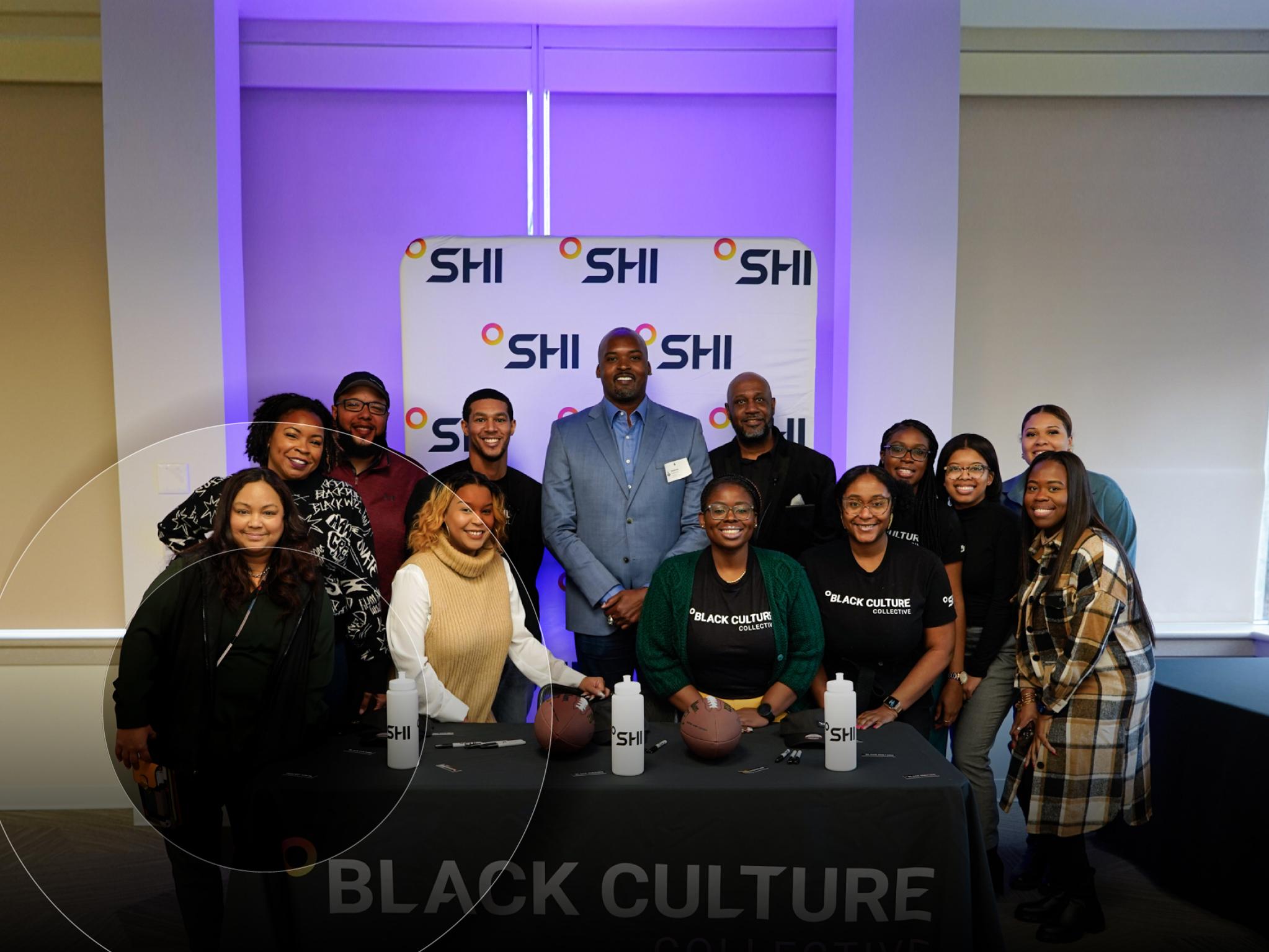Here’s what we’re reading, watching, and listening to this weekend:
Books, movies, documentaries and podcasts that inspire and inform people at SHI

I was asked recently whether I still read as much as I did when I was travelling regularly.
The answer is very definitely yes, I AM reading as much as I was previously (although probably not watching as many films now I’m not locked in a flying cinema for hours on end each month!). But I’m probably not spending quite as much time on social media.
It also made me think about the recommendations I’ve had recently for things to watch (see last week’s #sftw blog post on sci-fi as an example), read or listen to (books, blog posts, podcasts, radio). And I’ve also thought of a sneaky way to get more recommendations.
This isn’t just about my own consumption. I’m soliciting recommendations from colleagues across SHI for great content that we should read, watch or listen to. Not just tech or business content either, but anything that has inspired, fascinated, excited – or even enraged – people to want to share.
More data, please
Stephen Boyle, SVP Strategic Partnerships recommends Factfulness: by Hans Rosling. As he explained “Everyone has an opinion, and I get frustrated by people constantly telling me what they think and not backing it up with facts.”
In the book, Rosling explains how our worldview has been distorted by the rise of new media, the 10 instincts that make us susceptible, and how we can learn to separate fact from fiction when forming opinions.
Stephen was keen to point out that as soon as you do the quiz at the beginning of the book it becomes clear how much we’re influenced by misinformation, opinion and all the stuff out there masquerading as facts.
My copy arrived yesterday – I’ve already had a look at the quiz, the results of which were both sobering (in terms of how badly I scored) and reassuring (in terms of how my scores compared to the norm).
Better accessibility
On Global Accessibility Awareness Day Keith Instone recommended the book Mismatch, about inclusion and design. He recommends creating a discussion group based on the book, to provide a forum for positive change.
Traditionally, we create technology, products, and services based on our own abilities. This creates mismatches for people with different abilities – which generally shows up as ‘people with disabilities cannot use it’. This is not good for society. It is bad business.
He explained “This book helped me flip the way I think about the world. As a user-centered designer, I’m obsessed with understanding user needs as the basis for solutions. The book brings lots of things together in a powerful way: technology and accessibility, software and urban design, short term business goals and the future of humanity, and more.
“When I meet a blind person, I no longer think of their disability. I wonder what wonderful abilities they have (e.g., processing audio information quickly), and how technology can help them make the most of their abilities. And as I age, I want to live in a world where everyone else is doing the same.”
Building connections
It didn’t surprise me to find that Rob Eyerkuss recommended a book about building relationships. He leads SHI’s Corporate Training Group and is clearly passionate about building relationships and successful communication. He explained that Danny Meyer’s Setting the Table: The Transforming Power of Hospitality in Business shares lessons from the restaurant trade that are applicable to every business, based on as philosophy he calls ‘Enlightened Hospitality’ which emphasizes strong in-house relationships as well as customer satisfaction.
As Rob pointed out “People work with the people they like and who offer the best experience. Be it in a restaurant or a business, offering the proper hospitality by managing the right relationships, and delivering an excellent customer experience should always be key focus areas.
“Think about your experience when you walk into any restaurant; from fast food to fine dining and how you very quickly start to evaluate your experience. The same mindset applies in the world of business and this book helps connect the dots around how being hospitable to co-workers, customers, and partners makes for great relationships and repeat business.”
Plumbing the depths
With three very different books to read, I’m recommending something to watch. Hopefully you’ll enjoy The Secret Science of Sewage as much as I did. I have to admit that I’ve been interested in sewage for a long time, ever since getting involved in sustainability initiatives early in my career. This is an eye-opening exploration of the way in which sewage can be used as a resource for everything from energy generation to new medical treatments.
Divided by a common language
Although the BBC’s Americast is currently between seasons, there are 90 episodes available for you to catch up on. Matt Fisher explains that he started to listen to it “because as a Brit working for an American-based company, I am always keen to have a better understanding of the country and culture that the majority of my colleagues live and work in – accepting of course that America is no more ‘one culture’ than the UK is and even seeing the USA as a single country can be misleading at times.
“I also love the schoolyard back-and-forth between the two supposedly grown-up BBC hosts, who are equally relentless in their taunting of one another. The program is hosted by BBC stalwarts John Sopel and Emily Maitlis plus American Anthony Zurcher. It first ‘aired’ in the run up to the 2020 election but quickly became an investigation into many aspects of life across America.
With its ‘alien’ presenters and wealth of American guests (from across the political and social spectra) Americast offers both an outsider and insider perspective on major events and trends in American life, from politics to gun crime to racism. For outsiders who work with Americans or work in the USA, it offers a better understanding of why America is the way it is, how different the attitudes and cultures can be and how to navigate the workings of American politics. For Americans it perhaps offers some insight into how the world beyond your borders sometimes struggles to understand you.”
Yet more data…
Finally, like Stephen, I like facts. As my colleagues know, I’m always asking for supporting data or references to back up what they’re saying. The BBC’s podcast More or Less: Behind the Stats is essential listening to correct the kind of misconceptions that Hans Rosling is concerned with.




